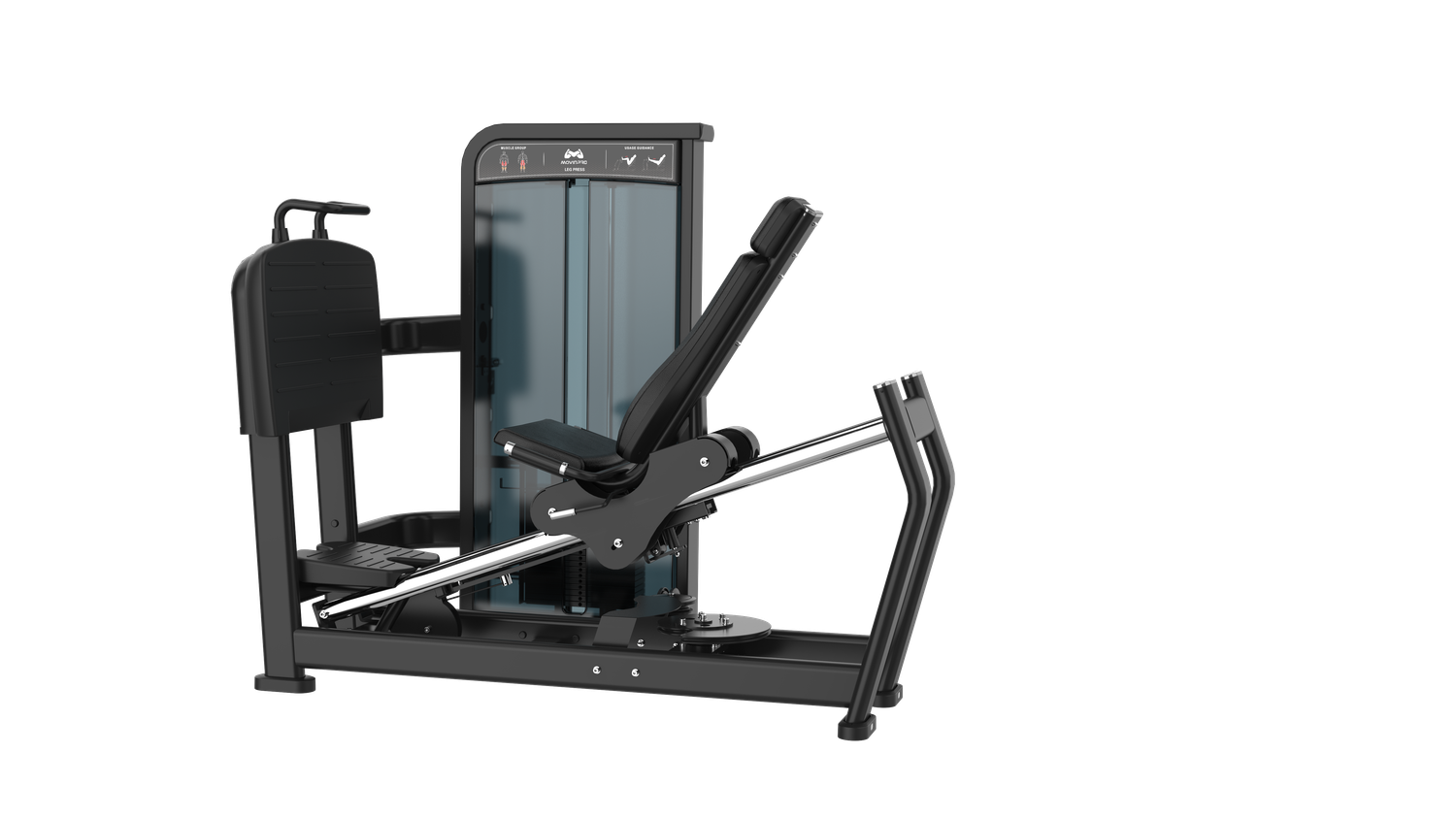Best Online Forex Brokers
Best Online Forex Brokers

Choosing the best online Forex brokers depends on several factors such as regulation, trading platforms, fees, leverage, and the type of customer service provided. Here's a list of some of the top online Forex brokers that cater to a wide range of traders, from beginners to professionals, based on their reputation, regulation, and overall service offerings:
1. IC Markets
- Regulation: ASIC (Australia), CySEC (Cyprus).
- Leverage: Up to 1:500.
- Trading Platforms: MetaTrader 4, MetaTrader 5, cTrader.
- Fees: Tight spreads (as low as 0.0 pips on the Raw Spread account).
- Features:
- Low spreads and fast execution speeds.
- Offers ECN accounts, which are popular for scalping.
- A wide range of currency pairs and trading instruments.
- Strong educational resources and research tools.
- Pros:
- One of the best brokers for high-frequency traders.
- Fast order execution and tight spreads.
- Trusted and regulated by top-tier authorities.
- Cons:
- High leverage increases risk.
- May not be beginner-friendly due to advanced tools.
2. FP Markets
- Regulation: ASIC, CySEC.
- Leverage: Up to 1:500.
- Trading Platforms: MetaTrader 4, MetaTrader 5, Iress.
- Fees: Tight spreads (from 0.0 pips on ECN accounts).
- Features:
- Offers both retail and professional accounts with ECN access.
- A wide range of currency pairs, commodities, and indices.
- Very competitive spreads on Raw and ECN accounts.
- Comprehensive research tools and daily market analysis.
- Pros:
- Highly regulated and trusted broker.
- Access to powerful platforms and tools.
- High leverage options available for advanced traders.
- Cons:
- High leverage may not be suitable for beginners.
- Not available in certain countries.
3. IG Group
- Regulation: FCA (UK), ASIC, CFTC.
- Leverage: Up to 1:200.
- Trading Platforms: MetaTrader 4, ProRealTime, IG Trading Platform.
- Fees: Variable spreads, depending on market conditions.
- Features:
- One of the largest and most respected brokers globally.
- Provides access to a wide range of markets beyond Forex, including stocks and commodities.
- Offers powerful tools and analysis for both retail and institutional traders.
- Excellent customer service and educational resources.
- Pros:
- Highly reputable with top-tier regulation.
- Offers many market instruments and excellent charting tools.
- No commission on Forex trades.
- Cons:
- Spreads are variable and can widen during volatile market conditions.
- Limited leverage compared to some other brokers.
4. OANDA
- Regulation: FCA (UK), CFTC, ASIC, NFA.
- Leverage: Up to 1:50 (US clients), up to 1:200 (international clients).
- Trading Platforms: MetaTrader 4, OANDA’s proprietary platform.
- Fees: Competitive spreads starting from 0.0 pips (on OANDA’s fxTrade platform).
- Features:
- Provides access to a wide range of Forex pairs, commodities, and indices.
- Excellent mobile trading apps.
- Strong risk management features and educational resources.
- Real-time market data and news feed.
- Pros:
- Highly regulated in multiple jurisdictions.
- Excellent customer service and educational resources.
- Low minimum deposit and competitive spreads.
- Cons:
- Limited leverage compared to some competitors.
- Some complaints about execution delays during high volatility periods.
5. Pepperstone
- Regulation: ASIC, FCA (UK), DFSA (Dubai).
- Leverage: Up to 1:500.
- Trading Platforms: MetaTrader 4, MetaTrader 5, cTrader.
- Fees: Tight spreads starting from 0.0 pips (on Raw Spread accounts).
- Features:
- Offers ECN and STP accounts with fast execution speeds.
- Low-cost trading and minimal fees.
- Extensive range of trading instruments including Forex, commodities, and indices.
- Offers both demo and live accounts with a variety of educational tools.
- Pros:
- Excellent execution speed, ideal for scalpers and high-frequency traders.
- High leverage available (up to 1:500).
- Well-regulated with top-tier licenses.
- Cons:
- Some account types require a higher minimum deposit.
- Limited research and educational materials for beginners.
6. Exness
- Regulation: FCA (UK), CySEC, FSCA.
- Leverage: Up to 1:2000 (for specific account types).
- Trading Platforms: MetaTrader 4, MetaTrader 5, Exness Trader.
- Fees: Competitive spreads starting from 0.1 pips.
- Features:
- Offers very high leverage for advanced traders (up to 1:2000).
- A wide range of Forex pairs, commodities, and indices.
- Strong customer support available 24/7 in multiple languages.
- Provides access to various account types, including standard and ECN.
- Pros:
- Very high leverage available for experienced traders.
- Low minimum deposit and low-cost trading.
- Strong support and fast withdrawals.
- Cons:
- High leverage can increase risk for beginners.
- Limited educational content for beginners.
7. AvaTrade
- Regulation: ASIC, FCA, MiFID, Central Bank of Ireland.
- Leverage: Up to 1:400.
- Trading Platforms: MetaTrader 4, MetaTrader 5, AvaTradeGO, and AvaOptions.
- Fees: Competitive spreads from 0.9 pips.
- Features:
- Offers both Forex and CFD trading on multiple markets.
- Provides access to advanced charting tools and automated trading.
- Offers excellent customer support and educational resources.
- Pros:
- Strong regulatory presence.
- Excellent research tools and trading guides.
- Mobile trading platform and a variety of account types.
- Cons:
- Limited leverage compared to some other brokers (1:400).
- The platform may not be suitable for all traders due to its complexity.
8. Admiral Markets
- Regulation: FCA (UK), ASIC, CySEC.
- Leverage: Up to 1:500.
- Trading Platforms: MetaTrader 4, MetaTrader 5, and Admiral Markets’ proprietary platform.
- Fees: Competitive spreads and commission-based accounts.
- Features:
- Offers both CFD and Forex trading on a wide range of instruments.
- Access to advanced charting tools and analysis.
- Provides various types of accounts (Standard, ECN, etc.).
- Pros:
- High leverage available for experienced traders.
- Wide selection of trading instruments and markets.
- Trusted global broker with strong regulation.
- Cons:
- Commissions on some account types.
- High leverage can be risky for inexperienced traders.
9. RoboForex
- Regulation: IFSC Belize.
- Leverage: Up to 1:2000.
- Trading Platforms: MetaTrader 4, MetaTrader 5, cTrader, RTrader.
- Fees: Tight spreads from 0.0 pips on ECN accounts.
- Features:
- Offers ECN and STP accounts with competitive spreads and fast execution.
- High leverage options for experienced traders.
- Provides access to Forex, commodities, indices, and cryptocurrencies.
- Pros:
- High leverage for professional traders.
- Low minimum deposit.
- Multiple platforms and account types to choose from.
- Cons:
- Limited regulation compared to top-tier brokers.
- Might not be suitable for beginners due to high leverage.
10. Interactive Brokers
- Regulation: SEC, FCA, CFTC, ASIC.
- Leverage: Up to 1:50 (for Forex).
- Trading Platforms: Trader Workstation (TWS), WebTrader, and mobile apps.
- Fees: Low spreads with competitive commissions.
- Features:
- A highly regarded platform that offers access to a wide range of financial markets.
- Professional-grade tools and execution speeds.
- Suitable for experienced traders, especially those who trade multiple asset classes.
- Pros:
- Excellent for advanced traders and institutional investors.
- Access to a wide variety of financial products beyond Forex.
- Cons:
- Lower leverage compared to other brokers (limited to 1:50 for Forex).
- More complex platform, which may not be beginner-friendly.
Conclusion
When choosing the best online Forex broker, consider the following:
- Regulation: Ensure the broker is regulated by reputable authorities like ASIC, FCA, or CySEC.
- Leverage: Higher leverage

What's Your Reaction?















